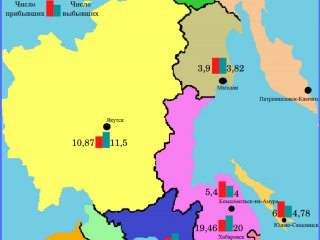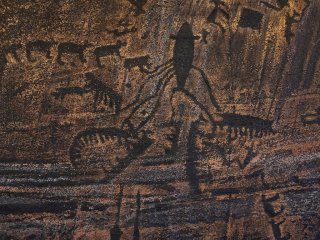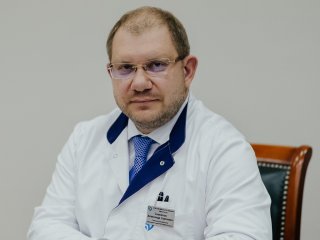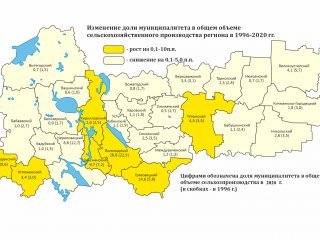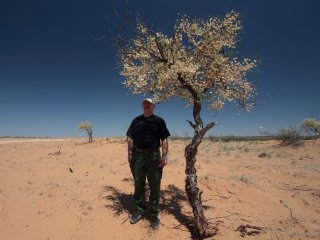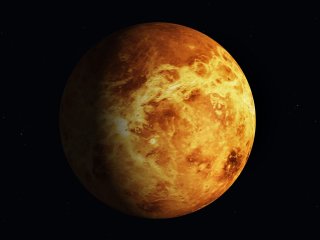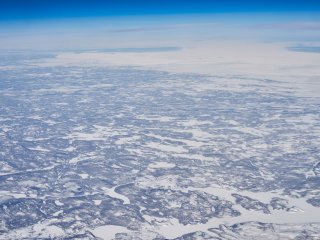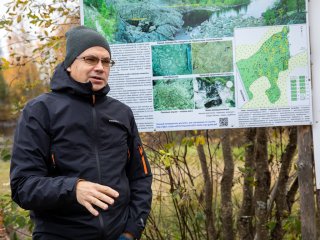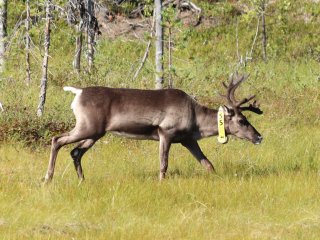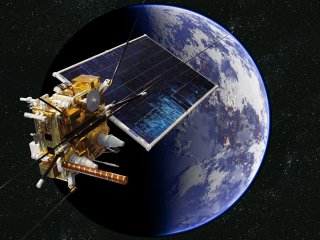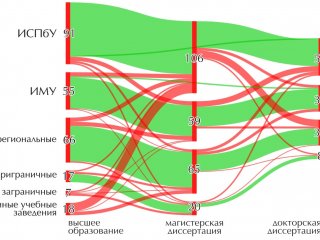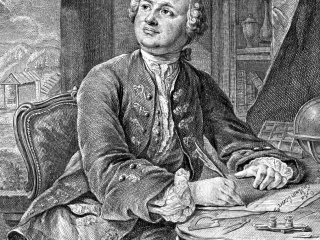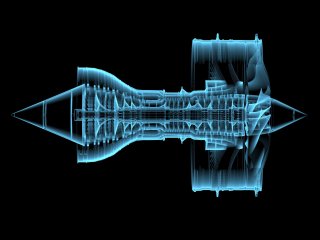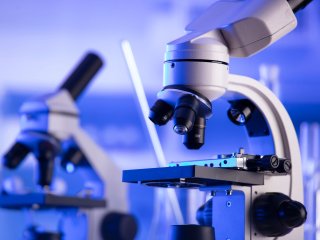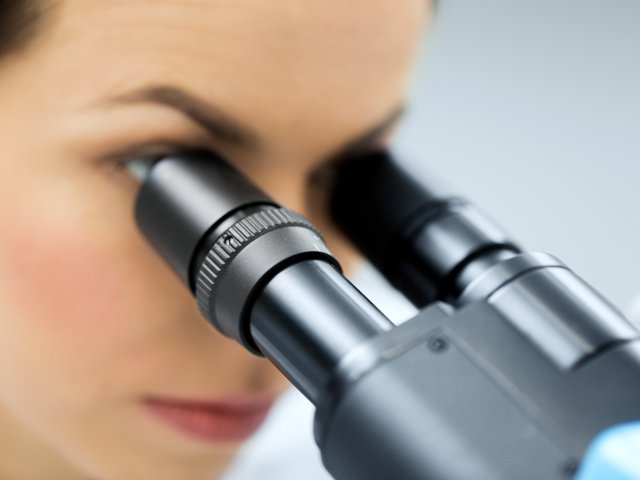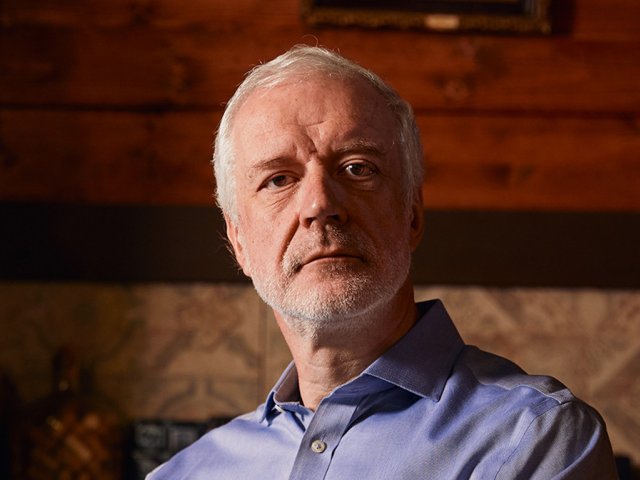Articles, page #22
An assistant to Vitus Bering in the First Kamchatka Expedition, the first European to reach the northwest coast of America, a cartographer, nobleman Aleksei Chirikov was born on December 24, 1703
Remembering the achievements of an outstanding scientist
We recall the achievements of the outstanding scientist
Scientists from Far Eastern Federal University (FEFU) in Vladivostok are conducting a comprehensive analysis of living conditions in the Far Eastern region to assess the level of migration loss and determine the preconditions for the depopulation growth
Tyumen scientists develop the ideas of Corresponding Member of the Russian Academy of Sciences I.I. Nesterov, which have become the theoretical basis of fundamental research and experimental work in the view of studying the process of formation of oil fields
Learn more about AIDS and express your support for people diagnosed with this terrible disease. The symbol for AIDS awareness is a red ribbon. World AIDS Day takes place on December 1
Identity verification technology has evolved from a paper document with a seal, which was easy to forge, to systems that can accurately determine if a person in front is the one they claim to be
Scientific Russia continues publishing a series of articles dedicated to the natural wealth of Karelia and development of science in the region. Today we will introduce the unique Karelian petroglyphs – the UNESCO world heritage sites
Scientific Russia talked about extreme medicine and the work of the Burnasyan Center with Alexander Samoylov – Corresponding Member of the Russian Academy of Sciences, Director General of Burnasyan Federal Medical Biophysical Center of the FMBA of Russia
Vologda scientists study the problems of ensuring balanced spatial development of the northern regions of Russia in context of solving strategic tasks of the country development
Volgograd scientists are conducting long-term monitoring of farmland in arid areas of the European part of Russia to identify the degree and dynamics of desertification
In 2029, Russian scientists plan to send a research mission to Venus. This will be the first research in the history of modern Russia
In recent years, scientists have noted that the information load on a person has increased significantly over the past half-century
Kuban scientists are engaged in the study of value orientations, social attitudes, and identities of the younger generation in the era of digitalization and globalization
Scientists from the Zuev Institute of Atmospheric Optics of the Siberian Branch of the Russian Academy of Sciences measure greenhouse gas concentrations over the south of Western Siberia
Scientific Russia visited the 2 billion years old Girvas paleovolcano
What neural mechanisms allow us to enjoy solving visual problems and recognizing unusual images?
“Since wars begin in the minds of men, it is in the minds of men that the defences of peace must be constructed”
Karelian scientists study the current situation of the Cervidae family populations, among them is the endangered Finnish forest reindeer
Under Babakin’s leadership, Mars 3, Venera 7, Luna 9, and other spacecraft were created.
Chelyabinsk scientists are researching the subject of the Russian dissertation culture of historians of the 19th – early 20th centuries, considering the specifics and conditions for obtaining scientific status in the context of epochs
I always found him in the hall with a book in his hand… He was then 18 years old, very handsome, very helpful, very polite, very attentive, and seemed to be of a very gentle disposition by nature…
What was the relationship between the two geniuses? What did they think about each other’s work?
There are streets named after him in two dozen of cities, as well as one of the largest aircraft design bureaus and Vnukovo airport. Soviet scientist Andrei Tupolev was born on November 10, 1888
Carl Sagan played a key role in the US space program
Remembering the achievements of an outstanding scientist
Partners
Show allOur mobile application
Social networking
Recent
Popular
Lectures
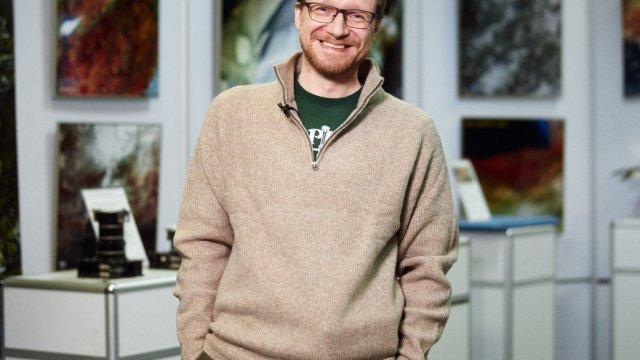
How can technology of remote sensing of the Earth keep track of wildfires, oceanic processes, volcanic activity, and urban development?



